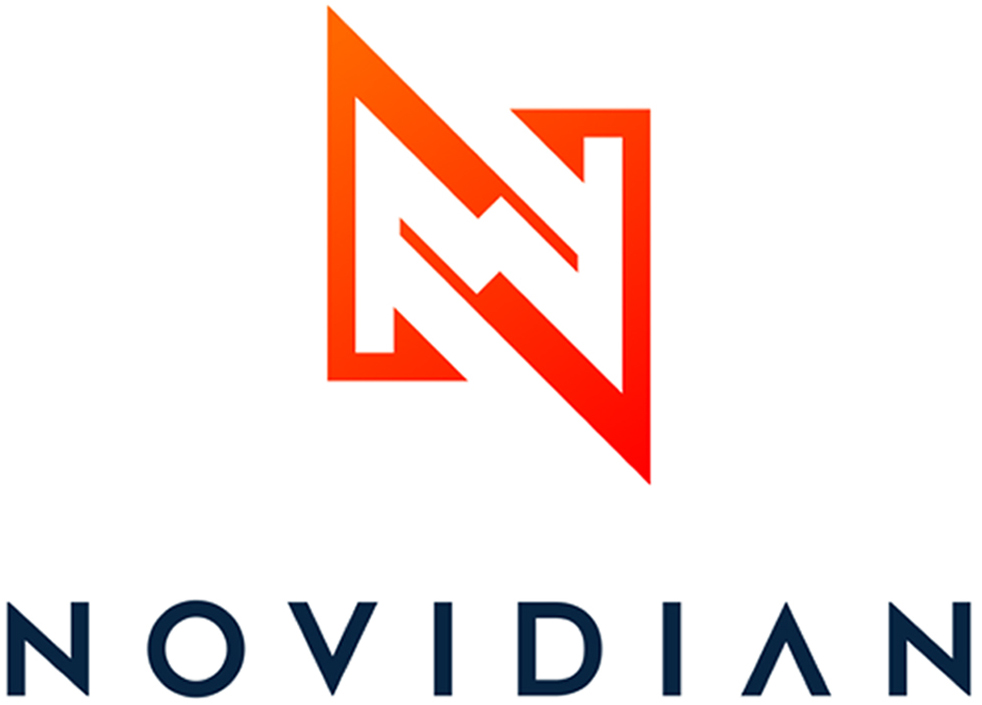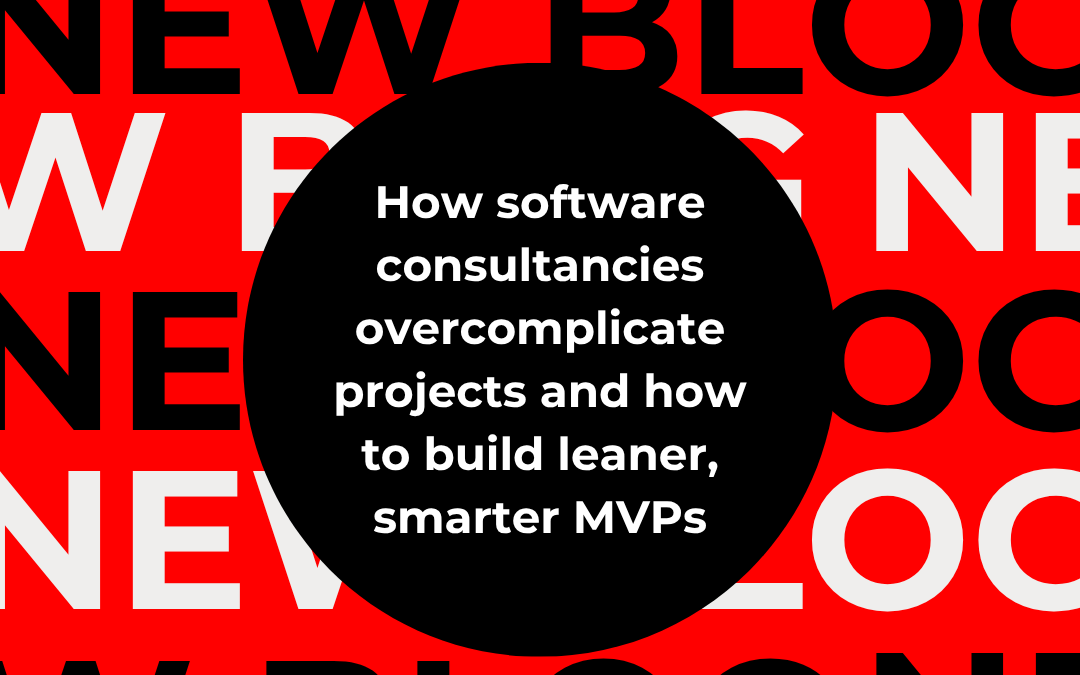How software consultancies overcomplicate projects and how to build leaner, smarter MVPs
Every startup founder hears it:
“Get to MVP fast.”
“Launch, test, iterate.”
“Speed matters more than perfection.”
And yet, many startups fall into the opposite trap, spending months (and thousands) building over-engineered MVPs that delay launch, confuse users, and scare off investors.
Why? Because most founders don’t know what not to build, and many software consultancies aren’t incentivised to tell them.
The hidden risk: structureless builds
Here’s the real issue. It’s not just that your MVP is bloated. It’s that it has no structure.
No scalable architecture. No technical guardrails. No prioritisation rooted in business outcomes.
And to be fair, you’re not supposed to know this.
If you’re a non-technical founder (or even a commercially-minded CTO), you’re flying blind without someone who’s built and scaled before.
That’s where misalignment starts to bite.
Let’s break down why agencies push complexity and how lean technical leadership can help you build what you need, not what you don’t.
Why consultancies overbuild (and it’s not malicious)
Most software consultancies operate on a very simple model:
- More features = more scope
- More scope = more billable hours
- More hours = more revenue
This isn’t unethical. It’s just business. But it creates a fundamental conflict of interest when startups are guided by vendors instead of experienced product and tech leadership:
|
Founder goal |
Agency goal |
|
Fast, lean, fundable MVP |
Larger, longer projects |
|
Structured foundations for scale
|
More complex delivery roadmap
|
This is how well-meaning founders overbuild and overpay.
Overbuilt? Underdefined? Either way, you’re stuffed
Most people talk about overbuilding, spending too much, too soon, on things you don’t need. And yes, that’s a huge problem.
But the opposite happens just as often.
You get handed something that kind of works on the surface…
But it’s ambiguous, brittle, and completely unusable long-term.
No structure.
No roadmap.
No explanation that it’s a dead-end.
You’ve basically paid for a prototype but no one told you that’s what you were buying. And by the time you realise it can’t scale, you’ve already committed to it with your team, your board, and your investors.
This isn’t about bad intentions. It’s about the wrong conversations. Most consultancies aren’t paid to tell you what not to build. They’re paid to deliver what’s been scoped, even if it’s vague or flawed.
And if you’re a founder without a technical partner?
You don’t know what you don’t know.
That’s not your fault, but it is your risk.
Common overbuild mistakes founders make
Without strong technical guidance, founders often say “yes” to:
- Complex user role systems they don’t need yet
- Full backend microservices architecture
- Custom admin panels before any real users exist
- Multi-region cloud deployments
- Costly integrations with low-priority partners
Each of these may be useful eventually. But early-stage MVPs exist to test assumptions, not to perfect engineering.
What investors actually want
Investors care far less about perfect technical builds than many founders think.
Instead, they look for:
- Demonstrated traction
- Clear user feedback
- Scalable foundations (not overbuilt platforms)
- Flexibility to iterate based on market signals
A messy but validated MVP beats a perfect unlaunched product every time.
Fractional CTO – the missing piece
This is exactly why Novidian’s pay-as-you-go CTO model exists.
Instead of rushing to hire developers or software consultancies, we help you:
- Prioritise only the features that matter at this stage
- Scope vendors properly
- Avoid unnecessary complexity
- Build investor-friendly technical foundations
- We don’t write the code. We make sure the right code gets written.
Build smartly and spend wisely
Every penny spent on unnecessary complexity today is one less penny for marketing, hiring or extending your runway.
The smartest founders don’t try to do it alone.
They bring in the right guidance, at the right time.
Before you hire a developer or sign a contract, speak to a Novidian fractional CTO.
Next in this series: How to protect your startup from bad software contracts (and stay in control).

